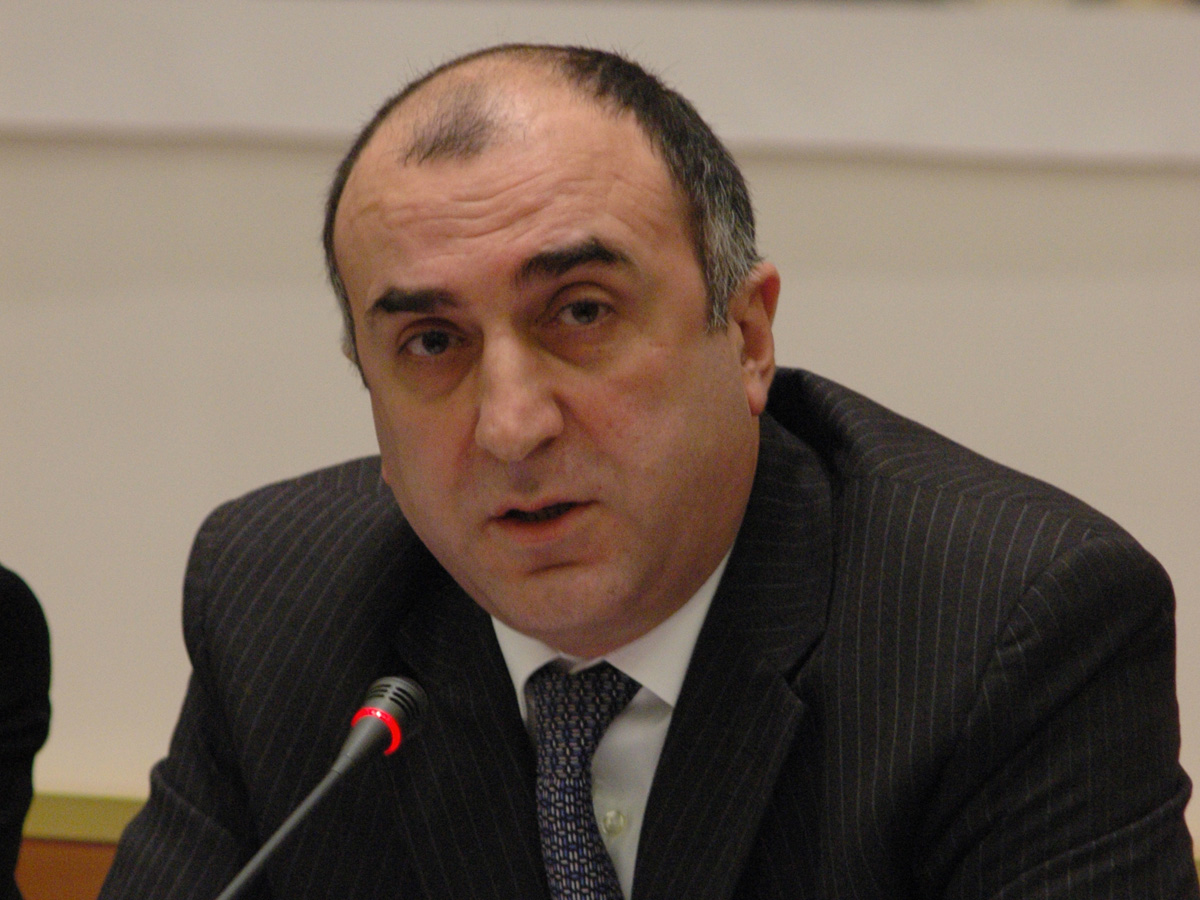Baku, Azerbaijan, Feb. 8
Trend:
Azerbaijan’s Foreign Minister Elmar Mammadyarov and Russian Ambassador Vladimir Dorokhin have discussed the case of the extradited blogger Alexander Lapshin, the Azerbaijani Foreign Ministry told Trend Feb. 8.
The Foreign Ministry received notes from Russian and Israeli embassies on the issue.
“The meeting of Russian consul with Lapshin will be held on Feb. 9-10 in line with the Vienna convention. The embassy will have an opportunity to communicate with him,” noted the Foreign Ministry. “Technical issues will be addressed today. Foreign Minister Elmar Mammadyarov has already met with the Russian ambassador and the issue has been discussed. There are no obstacles.”
It was noted that Lapshin’s further fate will depend on completion of an investigation and a court decision.
On Jan. 26, Alexei Stuk, deputy prosecutor general of Belarus, issued a ruling on Lapshin’s extradition to Azerbaijan.
Later, the Minsk City Court upheld this decision. The Supreme Court of Belarus is the last instance Lapshin could appeal to against the ruling of the General Prosecutor’s Office.
Alexander Lapshin is a citizen of several countries and has had a criminal conspiracy with Armenians living in the occupied Azerbaijani territories. He also illegally visited these territories.
Lapshin is accused of violating Azerbaijani laws on state border in April 2011 and October 2012.
In order to promote the illegal regime created in the Azerbaijani territories occupied by Armenia, Lapshin presented Azerbaijan’s Nagorno-Karabakh as an “independent state” on his social media account, and supporting the “independence” of the unrecognized regime he made public incitements aimed at violating Azerbaijan’s territorial integrity on April 6 and June 29, 2016.
The conflict between the two South Caucasus countries began in 1988 when Armenia made territorial claims against Azerbaijan. As a result of the ensuing war, in 1992 Armenian armed forces occupied 20 percent of Azerbaijan, including the Nagorno-Karabakh region and seven surrounding districts. The 1994 ceasefire agreement was followed by peace negotiations.
Armenia has not yet implemented four UN Security Council resolutions on withdrawal of its armed forces from the Nagorno-Karabakh and the surrounding districts.






